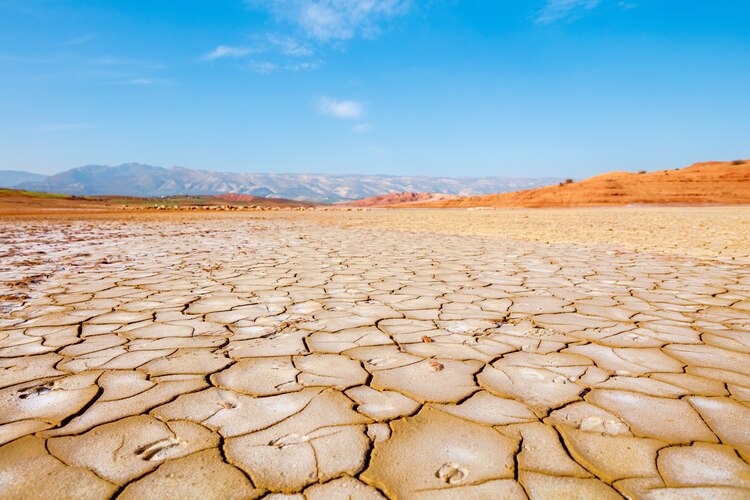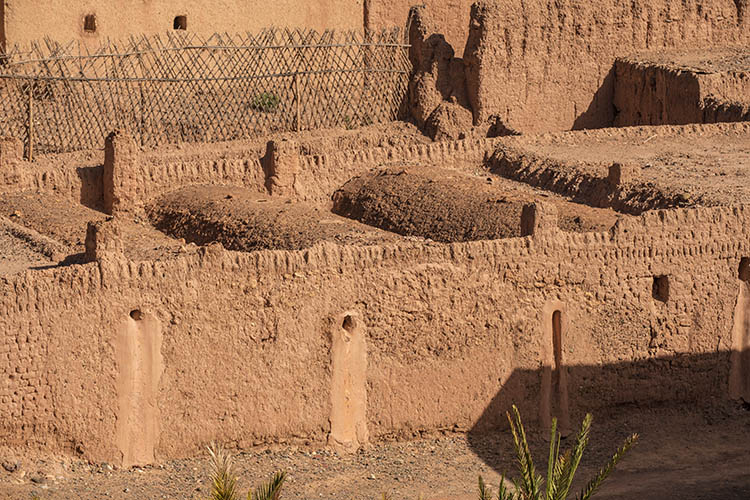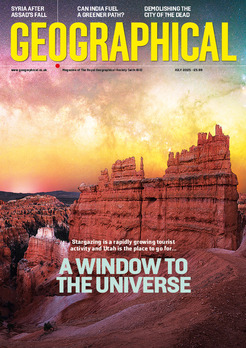
Morocco is in the grip of an unprecedented drought and to save water the government has taken the controversial step of closing hammams
By
Bordering the Sahara Desert, the North African country of Morocco is no stranger to drought and heat waves. This means that the country’s architecture, culture, and even cuisine are well suited and adapted to an environment that, in large parts of the country, is hot and arid.
And so, you might think that the country and its people could weather the changes brought on by climate change. But yet, things are getting too hot even for Morocco. The country is economically reliant on farming. The sector employs 31 per cent of the working population and accounts for 14 per cent of the country’s exports. But agriculture in Morocco is thirsty work and the sector accounts for 88 per cent of Morocco’s national water consumption.
The bad news for the farmers and the country as a whole is that Morocco has recently entered its sixth straight year of drought. It’s a drought so unprecedented that in December 2023 the Minister of Equipment and Water, Nizar Baraka, described it as unlike one the country had ‘ever experienced before’ and that, up to the end of 2023, there had been a 67 per cent reduction in rainfall compared with an average year.

Reports show that the average annual mean temperature across Morocco increased by 1.7 Celsius between 1971 and 2017 and that in some parts of northern and central Morocco—an area that’s always been something of a bread basket—average annual mean temperatures have risen by 2 Celsius. Alongside the rising heat, the country is also becoming steadily more arid, with a decrease in average annual precipitation.
To make matters worse, climate projections indicate that temperatures will continue to climb right up until at least the end of this century and that droughts and heatwaves will become ever more common and intense.
Nationwide reservoirs are only at an average of 23 percent capacity. According to a recent BBC investigation, the country’s second-largest reservoir, the Al Massira, located between Casablanca and Marrakech, now only contains three percent of the average amount of water it contained just nine years ago.
Naturally, the government is worried and has launched a series of programmes and projects that they hope will ease the pressure on the evaporating water table. The most attention grabbing of these programmes takes aim at hammams, or public baths, which are an integral part of Moroccan culture. They are a place where people of all social classes have traditionally gathered to wash and relax. After the café, there is probably no more important institution in Moroccan life.
In a controversial move in March, the government ordered hammams to be closed three days a week in order to save water. While almost all Moroccans agree that the current drought is unprecedented, not everyone agrees that closing hammams will have any notable impact. Those opposed to the idea point out that hammams use up only two per cent of Morocco’s water supplies and that if people cannot wash in a hammam, then they will shower at home. Opponents also point out that spas as well as the swimming pools of upmarket hotels have not had any restrictions placed upon them.
In contrast though, those for the ban say that hammams do use a lot of water – on average 140 for each man and 250 litres for each woman and that with 20,000 hammams in the country closing them for three days a week will make a difference.
Other, less controversial – and perhaps more effective drought mitigation projects include the construction of 18 new dams by 2030 to increase storage capacity by almost a third. Other measures include increasing the recycling of wastewater and building more desalination plants to provide a billion cubic metres of water per year for cities, by 2028. ‘All this will reduce pressure on dams and on underground water,’ says Baraka.
In the meantime, with another baking summer just around the corner, everyone in Morocco is desperately hoping that the back end of spring will be a wet one.
Related articles:




